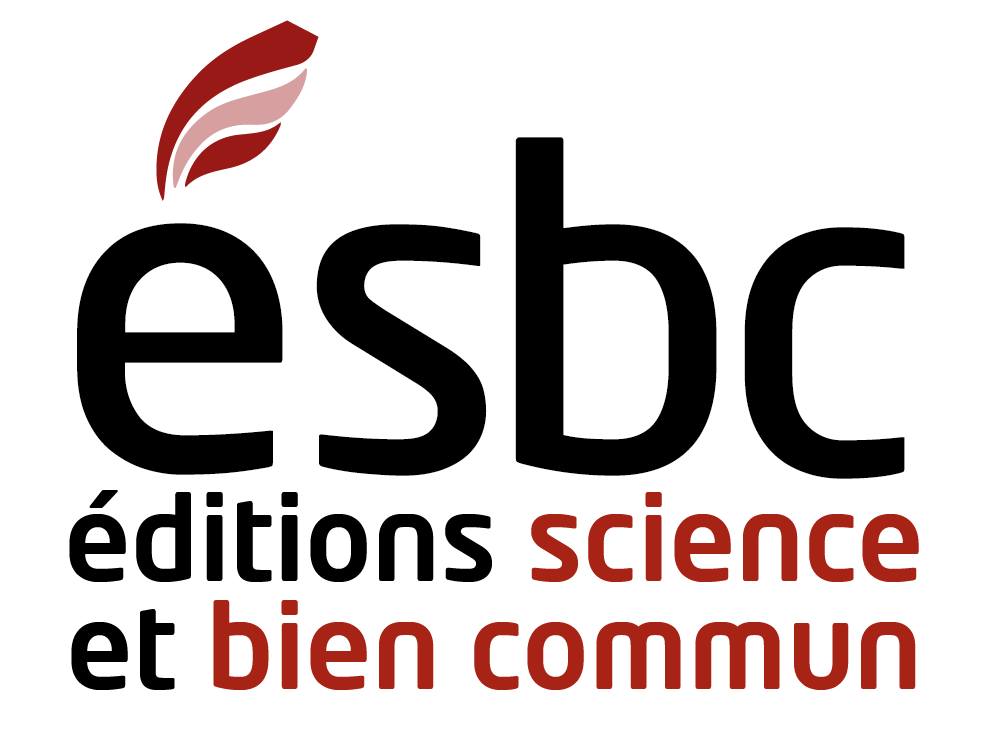RÉSUMÉ
La crise sociopolitique actuelle qui secoue les fondements de la société haïtienne a mis à nu un système scolaire inégalitaire, inéquitable et injuste. En effet, l’hégémonie épistémique occidentale a influencé durablement le curriculum scolaire haïtien, y compris les ressources d’apprentissage utilisées dans les écoles. La première partie de cet essai décrit comment la France, ancienne puissance coloniale, a mis en place, à travers le Concordat de 1860 signé entre l’Église catholique et le gouvernement haïtien – et avec la collaboration active des pouvoirs de l’époque -, un « régime néocolonial » basé sur l’impérialisme culturel français. Ainsi, la réforme éducative de 1982, appelée « Réforme Bernard », du nom du ministre de l’Éducation nationale M. Joseph C. Bernard qui l’a initiée, est fortement impactée par le canon eurocentrique. La deuxième partie de cette réflexion propose des orientations décoloniales capables de « dé-re-territorialiser » le curriculum scolaire haïtien, afin de « ré-enculturer » les Haïtiennes et les Haïtiens dans leur milieu de vie, en vue d’un changement de mentalité en profondeur, pour une véritable haïtianisation. La mainmise eurocentrique sur l’éducation en Haïti a transformé l’école en un véritable « piège mental », un Pèlen-Tèt pour reprendre l’écrivain haïtien Frankétienne.
REZIME
Gen anpil diskisyon sou lekòl ayisyen an pandan kriz sosyopolitik ki gen la, kifè fondasyon sosyete a tranble epi mete aklè yon sistèm ak tout yon òganization ki inegal, kipa ekitab, epi ki enjis. Nap sinyale ke lekòl sa a reflete mak fabrik, sa yo rele hejemoni epistemik Ewopeyen / oksidantal la ki gen yon gwo enpak sou kourikoulòm lekòl ayisyen an, tankou sou tout materyèl pou moun aprann nan lekòl yo. Nan travay sa a, li montre klèman kouman Lafrans, pou li ka mete anplas pouvwa kolonyal li ya, vini ak koze Concordat a ki te siyen ant Legliz Katolik la ak gouvènman ayisyen an, mete kanpe – ak kolaborasyon aktif chèf yo ki te nan tèt peyi a nan tan sa – yon « rejim neyo kolonial », ki chita sou enperyalis kiltirèl franse a. Ou vin jwenn yon refòm nan Edikasyon an 1982, ki rele » Refòm Bèna » kise non Minis Edikasyon an, Mesye Joseph C. Bernard, ki premye moun ki koumanse li, epi ki make pa gwo kannon Ewosantrik lan. Nan dènye chapit travay la, nou pwopoze yon oryantasyon dekolonyal. Epitou nou pwopoze pou yo « de (re) teritoryalize » pwogram etid ayisyen an pou kapab fè fanm ak gason ayisyen yo rekonsiliye ak anviwònman yo pou yon chanjman nan mantalite Ayisyen ak Ayisyèn yo an pwofondè, ke n rele Ayisyanizasyon. Akòz karaktè « Ewosantrik » edikasyon an Ayiti, lekòl la tounen yon vre « pyèjmantal », yon « Pèlen-Tèt », pou nou pale tankou Sanba Frankétienne.
ABSTRACT
The current socio-political crisis that is shaking the foundations of Haitian society has exposed an unequal, inequitable and unfair school system. Indeed, Western epistemic hegemony has had a lasting influence on the Haitian school curriculum, including the learning resources used in schools. The first part of this essay describes how France, a former colonial power, established, through the 1860 Concordat signed between the Catholic Church and the Haitian government – and with the active collaboration of the powers that be – a « neo-colonial regime » based on French cultural imperialism. Thus, the educational reform of 1982, called the « Bernard Reform », after the Minister of National Education, Mr. Joseph C. Bernard, was the first step in the process of reforming the education system, is strongly impacted by the Eurocentric canon. The second part of this book proposes decolonial orientations capable of « de-territorializing » the Haitian school curriculum, in order to « re-enculturate » Haitians in their living environment, with a view to a profound change of mentality, for a true haitianization. The Eurocentric takeover of education in Haiti has transformed the school into a real « mental trap », a Pèlen-Tèt to quote the Haitian writer Frankétienne.

